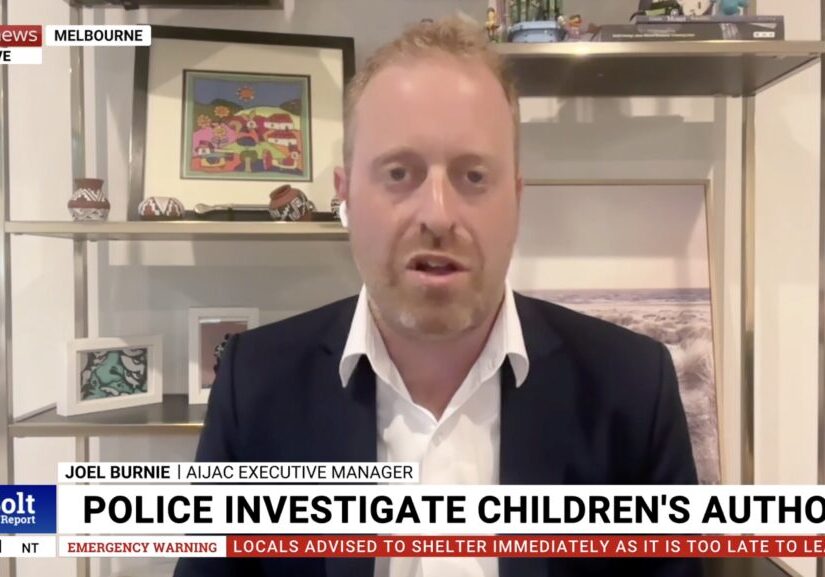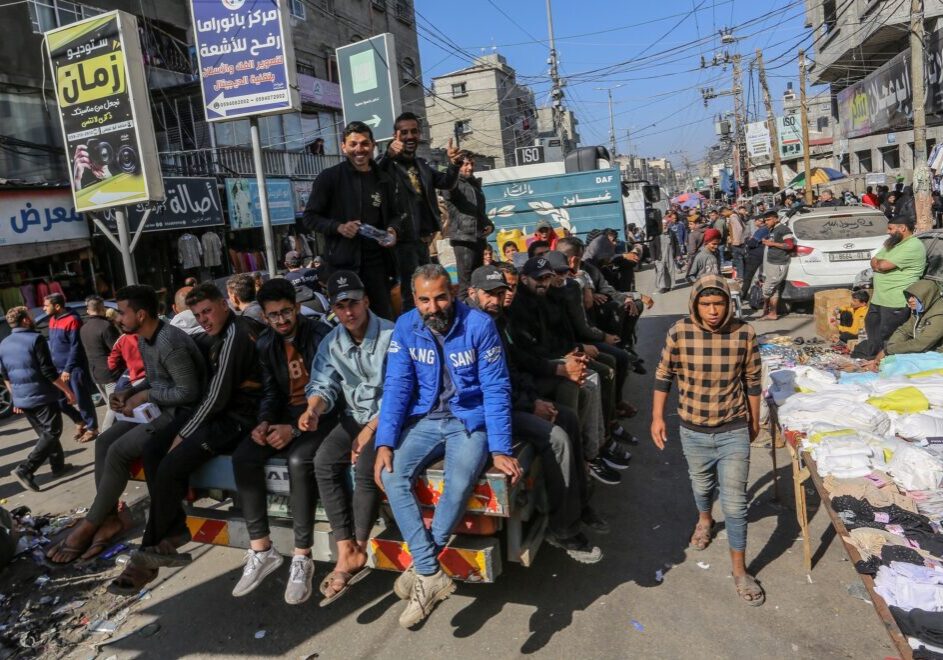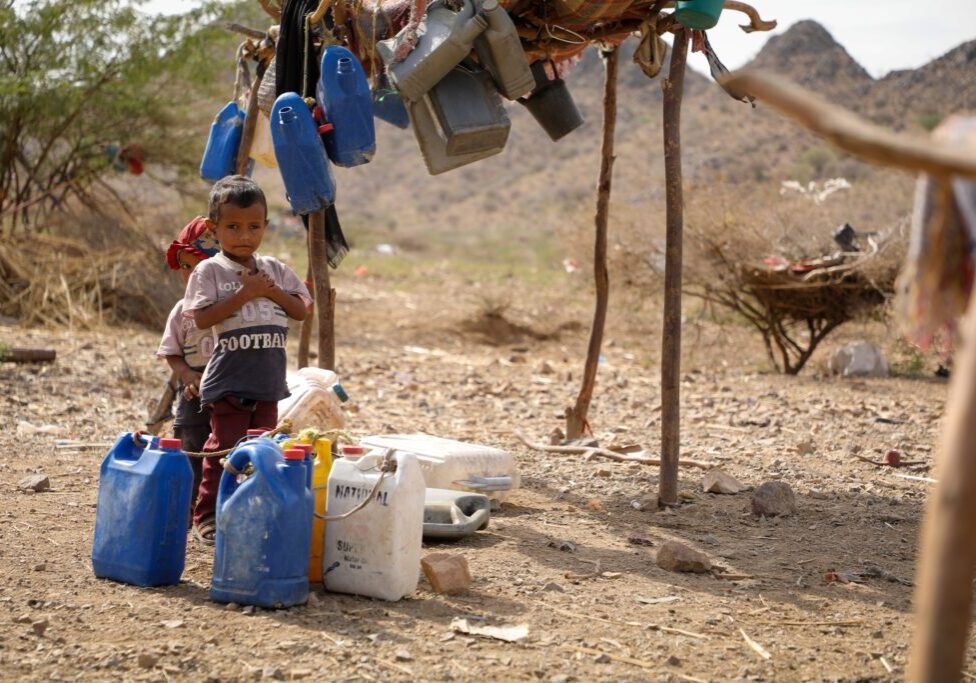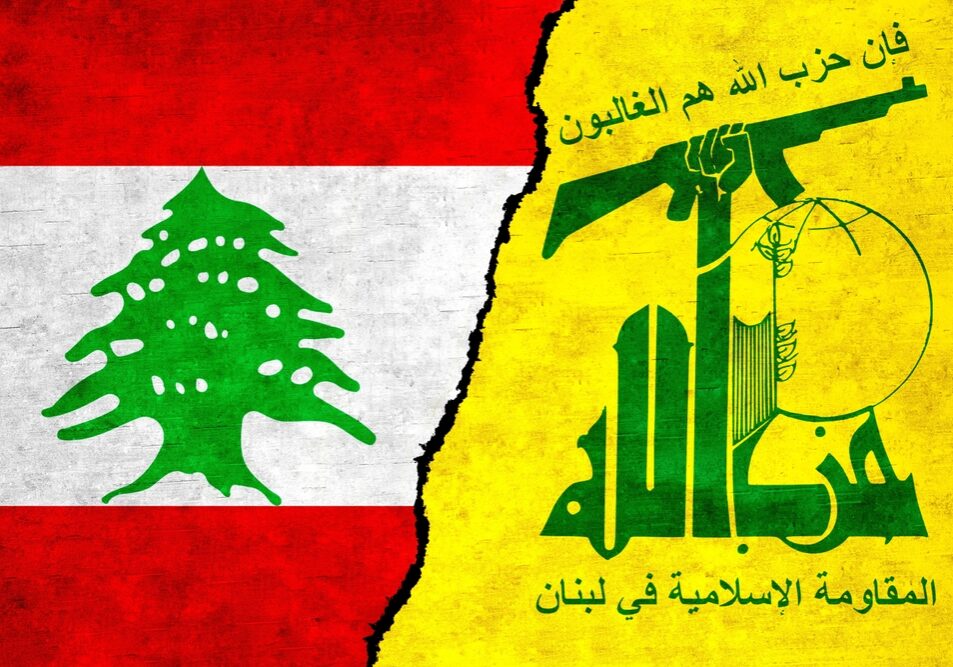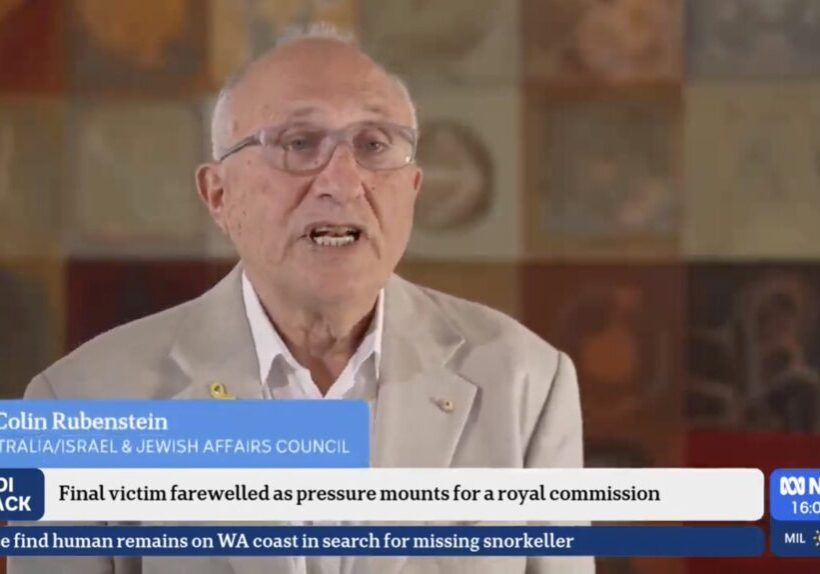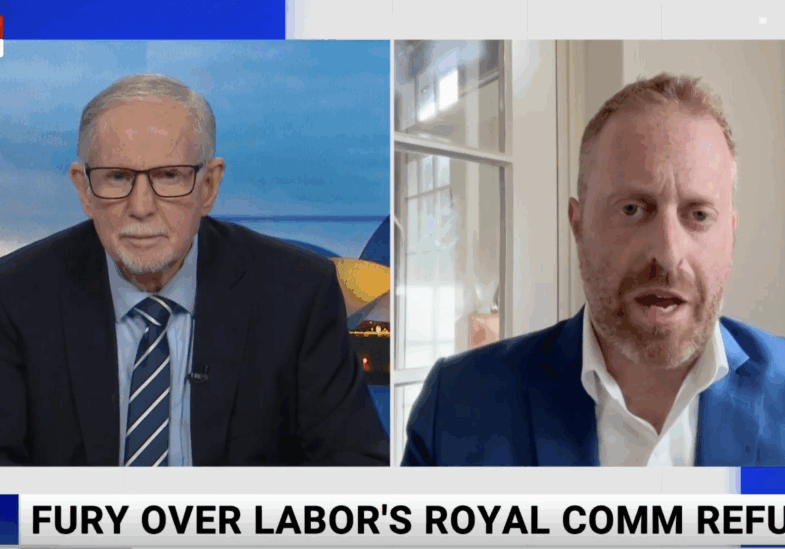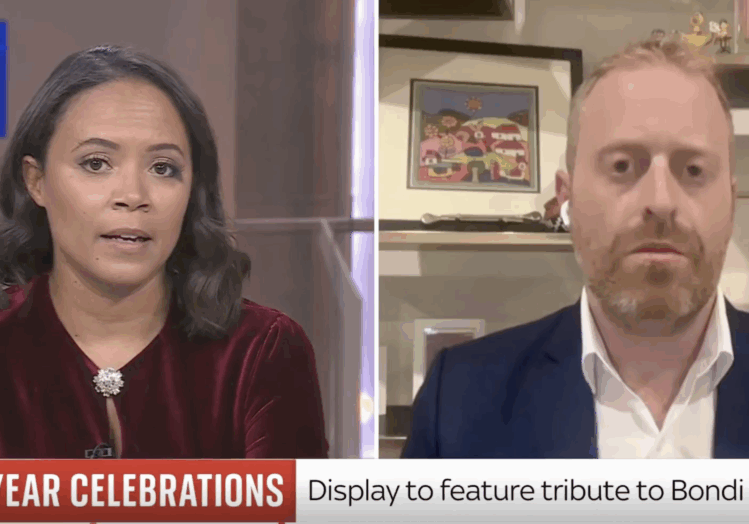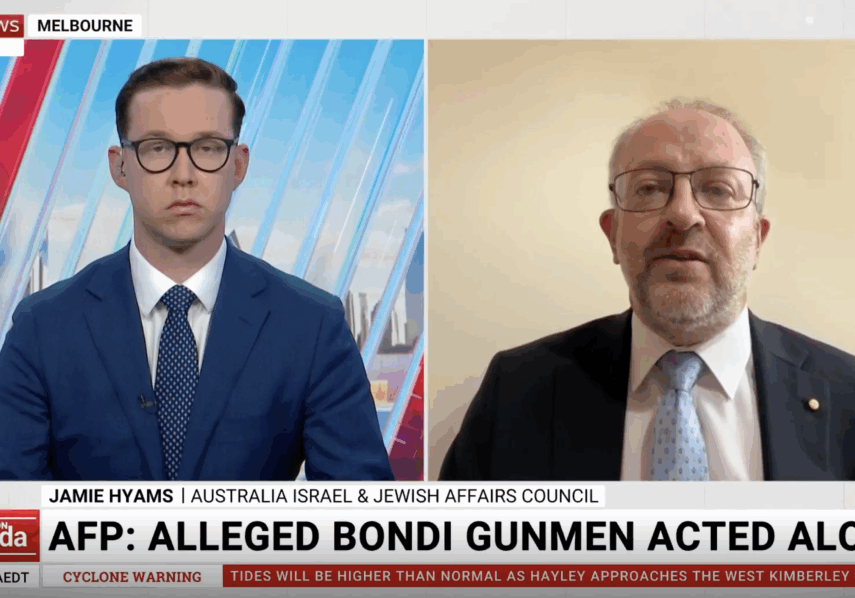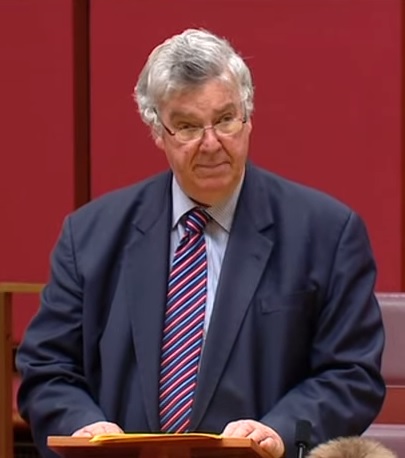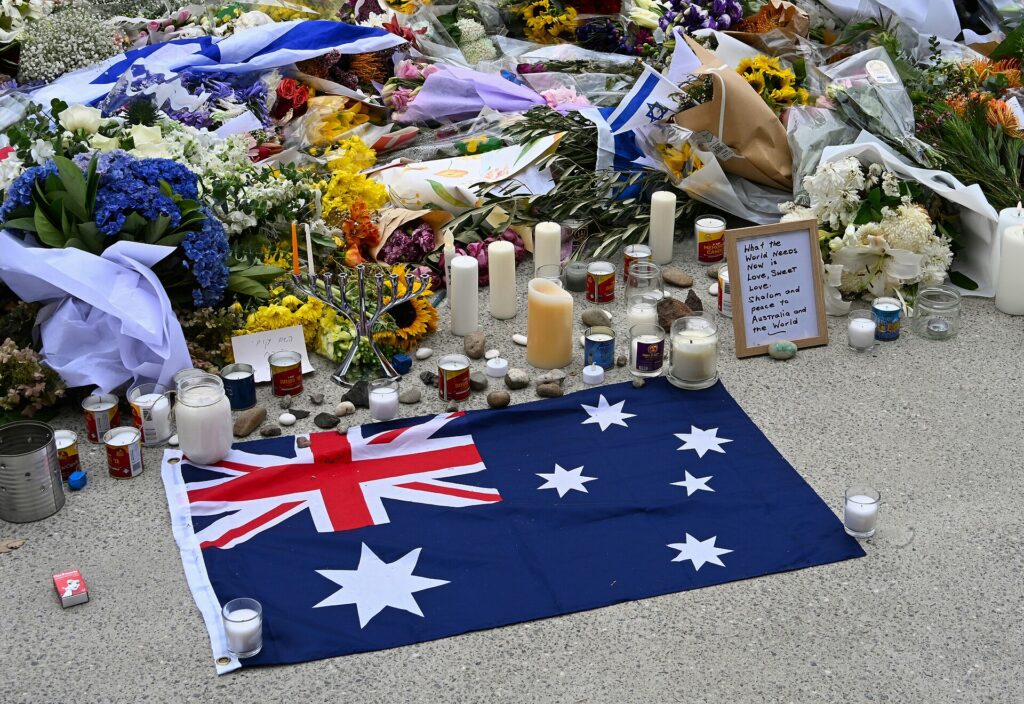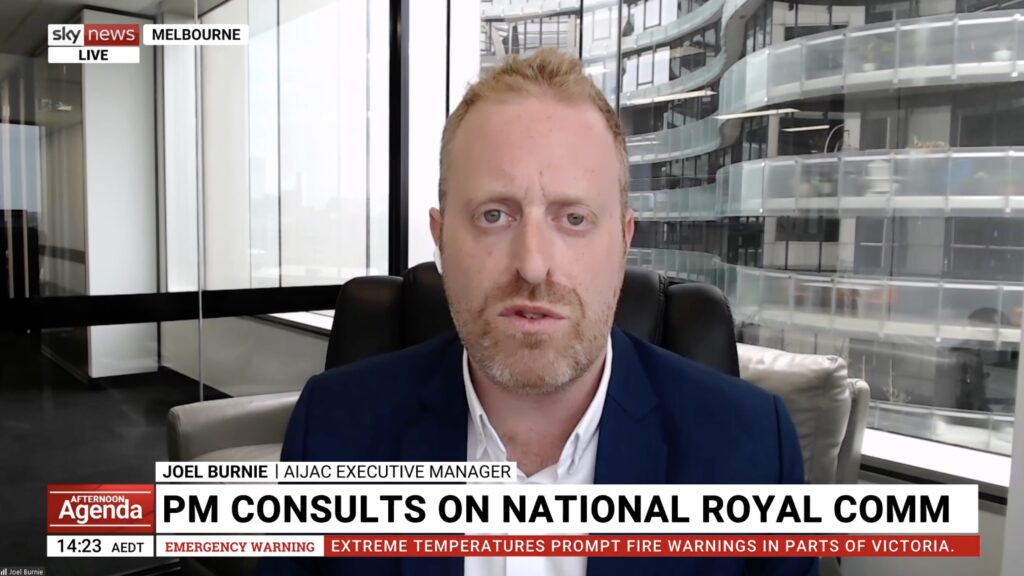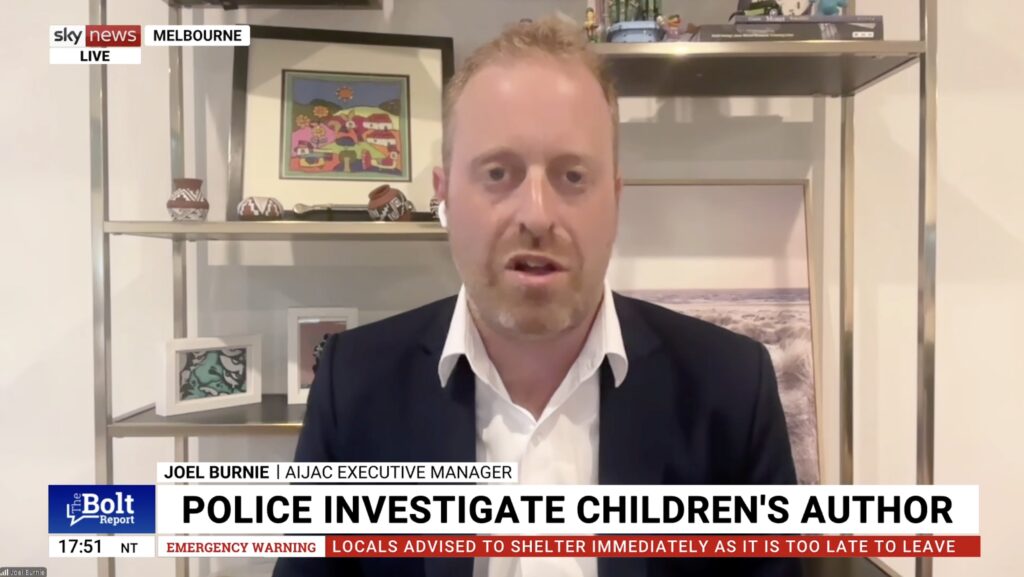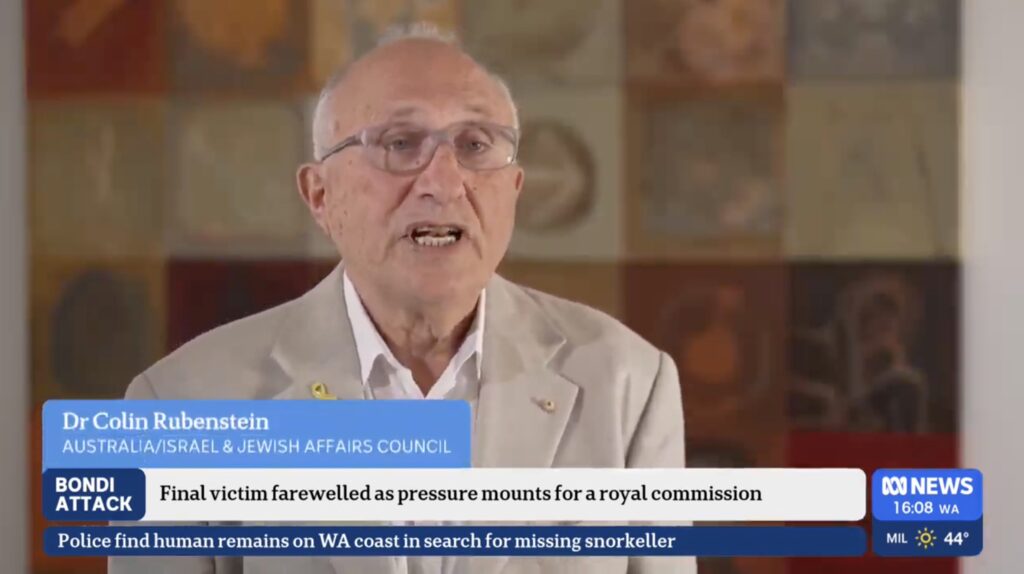FRESH AIR
The antisemitic commentators of Holocaust Remembrance Day
February 3, 2021 | Judy Maynard
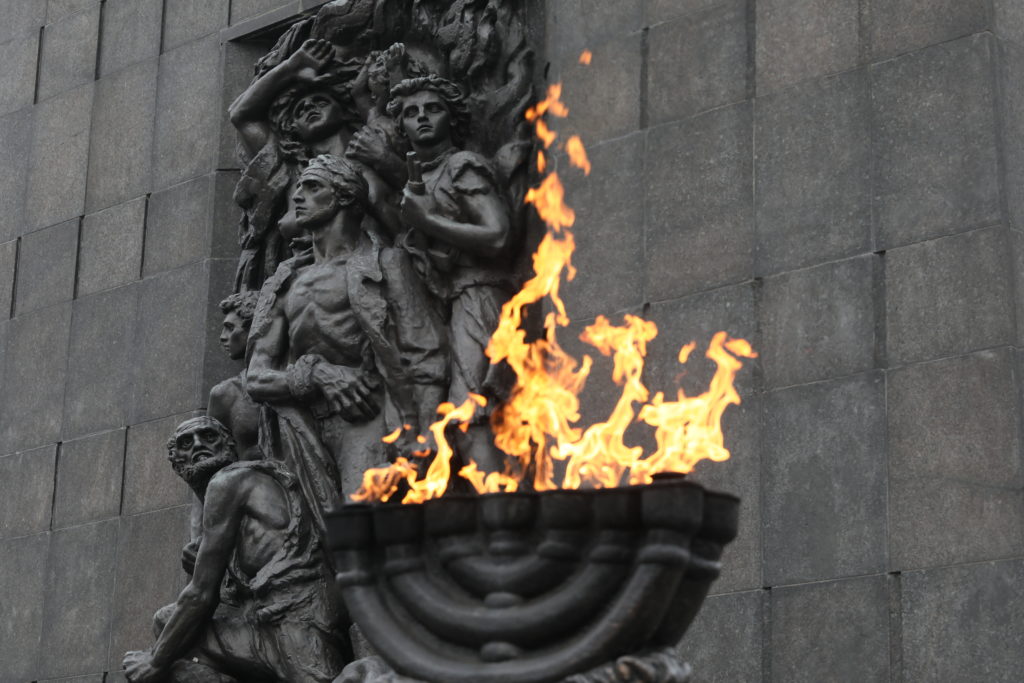
Each year on 27 January – the day the Auschwitz concentration camp was liberated – the world remembers and honors the victims of one of the greatest crimes against humanity by observing International Holocaust Remembrance Day. One-third of the Jewish people and millions of members of other minorities were cruelly and systematically murdered by the Nazi regime and its collaborators during the Holocaust.
In Australia this year, the day was marked by the Federal Government’s announcement of a $750,000 grant towards the establishment of a Holocaust museum and education centre in Canberra.
In a jointly written op-ed, Jewish federal politicians, Treasurer and Liberal Member for Kooyong, Josh Frydenberg, and Josh Burns, Labor Member for Macnamara, cited US General (later President) Dwight Eisenhower’s warning that the time would come when the people of the world would not believe what had occurred and would deny the Holocaust ever happened. “We need to work together,” they wrote, “to prevent such historical revisionism from ever taking hold and better educate the community about the lessons of the past.”
The importance of this was amply demonstrated by a very large number of comments that appeared on various Australian online sites that had posted items marking International Holocaust Remembrance Day.
For example, the two major federal political parties, the Australian Labor Party and the Liberal Party of Australia, paid tribute to the day on their respective Facebook accounts. Media organisations such as the SBS and Sky News took similar steps.
Most of the comments in response, or at least those that were visible after others had possibly been expunged by moderators, were positive, at least not hateful. Many expressed sympathy and a favourable attitude towards the establishment of a Holocaust centre in Canberra. Some others were concerned at the outlay of federal funds on a project which they considered a lower priority than others, which is of course a legitimate part of political debate. For example, one poster commented, “There are more important issues to spend money on hospitals schools roads getting our country back on its feet after droughts bushfires COVID floods…”.
Numerous other comments, however, lay on a spectrum somewhere between concerning and outright antisemitic (All comments reproduced here are verbatim, so any errors are in the original text).
Many commenters engaged in “whataboutism”: “how about starting at home with the first nation Josh”; “how about a monument to show the death and destruction communism/socialism caused”; “what about a tribute to Armenians from the Ottoman Empire”; “how about a memorial for the Afghanis killed by Australian troops”; “are we going to build one for Rwanda genocide, East Timor or how about New Guinea where it is currently happening.” In response, a few others pointed out it wasn’t a competition, and remembering the Holocaust hardly means we cannot also commemorate other atrocities.
At the very least, such comments seek to divert from the issue under discussion. In their haste to say, in effect, “look over there”, they express no sympathy for victims (and, per capita, Australia has one of the largest Holocaust survivor communities in the world) and effectively denigrate the importance of remembrance, raising the question of what motivated them to comment in the first place.
Furthermore, in seeking to make equivalences between the Holocaust and other mass tragedies, such comments effectively seek to downplay the magnitude and particular context of the systematic murder that characterised the Holocaust. This may indicate ignorance but also possibly resentment against memorialising a momentous tragedy most commonly associated with Jewish victims.
On the Australian Broadcasting Corporation Melbourne’s Facebook page, one poster went further and made a false comparison based on an untruth: “So it’s ok to remember the Holocaust but not the genocide of indigenous people”. No one has, of course, suggested it was not “ok” to remember violence against indigenous people.
On the same website another’s antisemitism was explicit: “They only care about themselves. HUGELY over-represented in parliament. And say they want even more Jews in there. Bloodsuckers. Shout outs to Palestine.”
And from the Liberal Party’s Facebook page: “Should every race build a memorial with Australian taxpayers money? Or just jews?”
Many of the comments fit the examples that are used to illustrate the most widely used definition of antisemitism, the International Holocaust Remembrance Alliance (IHRA) working definition. One of these examples is making “stereotypical allegations about Jews as such or the power of Jews as collective — such as, especially but not exclusively, the myth about a world Jewish conspiracy or of Jews controlling the media, economy, government or other societal institutions.”
This is seen in the following comments: “So what date do we remember the 20,000,000 Russian killed!… they don’t own the media do they”; “I think it’s yet another example of how our politicians are bought and paid for”; “no I don’t think the government should spend a single cent on a monument to zionist appeasement”; “the term racist was created by Lev Bronstein [original name of the Jewish Leon Trotsky] as a means to manipulate and control Western Europeans”; “Jewish supremacists pulled this scam in every US city with their taxpayer-funded museums”; and “Check Rothschild and Rockefeller families. Pure evil” [the Rockefeller family is of course not Jewish].
Another antisemitic accusation is that Jews or the State of Israel invented or exaggerated the Holocaust, which is seen in those comments that minimise its evil or suggest a profit motive: “Mao killed circa 45 million, but there’s no industry built around it”; “Why do we need a museum and education centre. They got a free country out of the deal why throw more money at it”; “They’re still whinging eighty years later”. And this reference:
…an old crime committed by a foreign government on the other side of the world in another era,… I wish that the people with the financial and political impetus behind something like this, the same ones who still try to hunt down men in their 90s who may or may not have been in the wrong place at the wrong time in the 1940s, could put as much effort into solving today’s persecutions and global humanitarian problems as endlessly flogging the dead horse of the Nazi Party which has been extinct for 75 years, as if they had some sort of monopoly on war crimes past, present and future.
Another antisemitic trope is to compare Israel to Nazi Germany.
Yet several of the comments on these websites do this: “So what are the lsraelies doing to the palastinians? Isn’t that genocide?”; “Yes but look what’s happening in Israel???”; “This is so sad when you see what Isreali troop do to Palestinians on their own land”; “Holocaust and Gaza too pls be fair”; “The jews are still playing the victim, when in fact they are now tantamount to a regional super power and are doing to the Palestinians what was done to them”; “it appears it has already been forgotten by Israeli’s, with 70% who support the genocide of Palestinians”; “Palestinian children could tell you about hundreds of Holocaust happening to them by Zionist”.
One wonders where the moderators are with respect to many of these comments, which clearly should have been disallowed or removed under commenting guidelines at places like the ABC and SBS.
As AIJAC has had cause to point out recently, Holocaust education is sadly both lacking and badly needed as part of a strategy to counter extremism today.
It is somewhat ironic that social media sites that seek to warn against the evil of antisemitism, through marking International Holocaust Remembrance Day, thereby revealed the depth of the problem.
RELATED ARTICLES
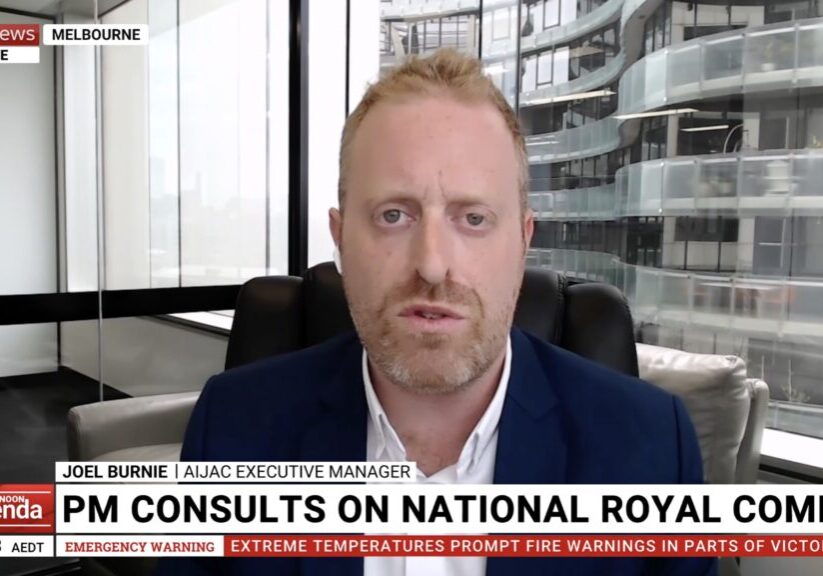
Parameters of a Royal Commission will be crucial: Joel Burnie on Sky News
